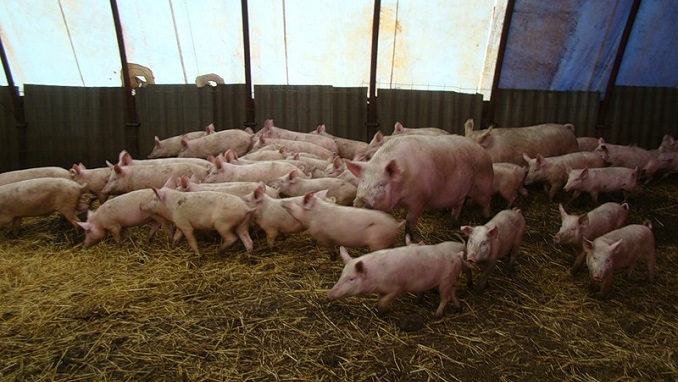WFP has provided 3.5 million Afghans with emergency food, nutrition, and livelihood support so far in November. This month, it hopes to reach 15 million individuals.
This winter’s first shutdown of the Salang Pass occurred. Because of the bad winter weather, truck traffic was stopped for one day. The Salang Pass, a crucial route connecting Kabul to Afghanistan’s northern provinces, is frequently impassable during the winter, which affects the ability to reach remote areas with aid.
During the winter, WFP has prepositioned 79,012 mt of food in difficult-to-reach places. The aim is to feed 1.5 million people with 100,000 mt.
In Badakhshan province, where torrential rains on November 7 and 8 devastated houses, infrastructure, and livelihoods, WFP helped a number of flood-affected households. Communities that are affected run the danger of becoming more vulnerable as winter approaches.
Following fruitful negotiations with de facto authorities, school food programs were restarted in all the areas affected by temporary suspensions.
In order to provide an annual school-based deworming campaign for school-aged children across all 34 provinces of Afghanistan, WFP has teamed up with the World Health Organization (WHO) and UNICEF.
General Food Assistance: As of now in November, the World Food Programme (WFP) has provided emergency food and nutrition support to more than 3.1 million people, including 2.5 million recipients of in-kind food assistance, 300,000 recipients of direct cash or value vouchers, and more than 120,000 recipients of commodity vouchers.
Nutrition: In November, the World Food Programme (WFP) distributed specialized nutritional foods to 213,500 women and children in order to prevent malnutrition and 222,000 women and children in order to treat cases that had already occurred. To guarantee ongoing and equitable access to nutrition assistance in difficult-to-reach areas, WFP supports more than 2,200 health centers and 421 mobile health and nutrition teams (MHNTs) throughout the nation.



